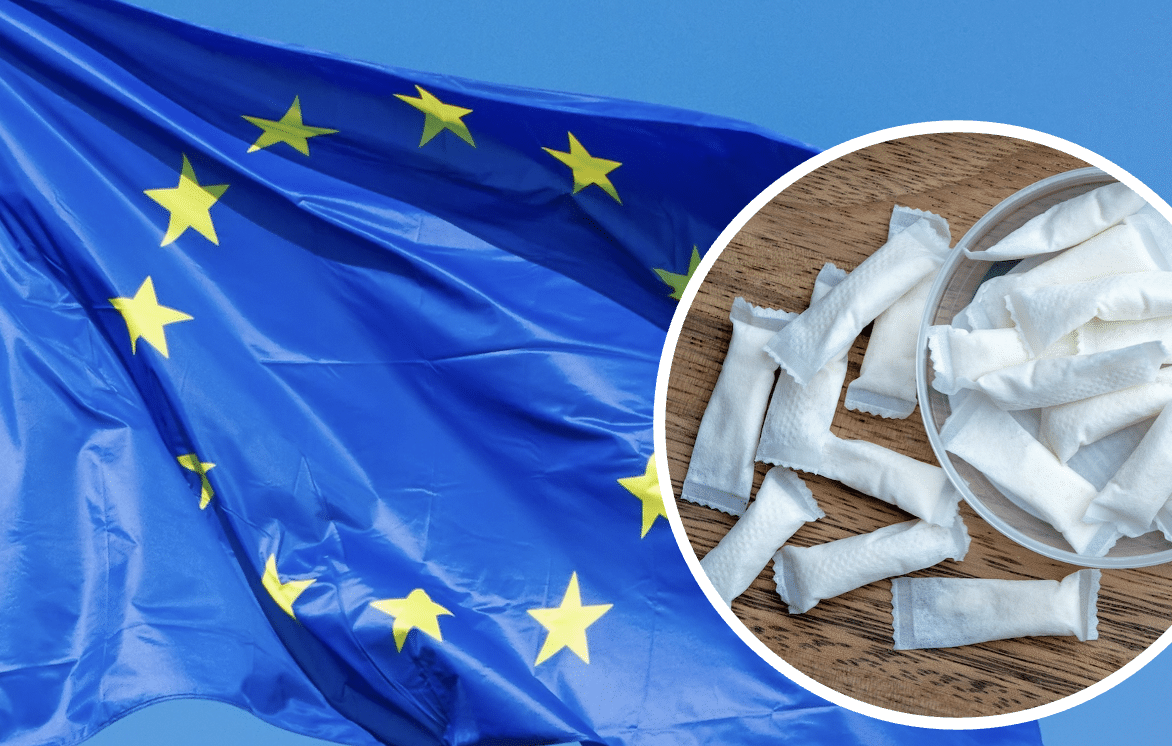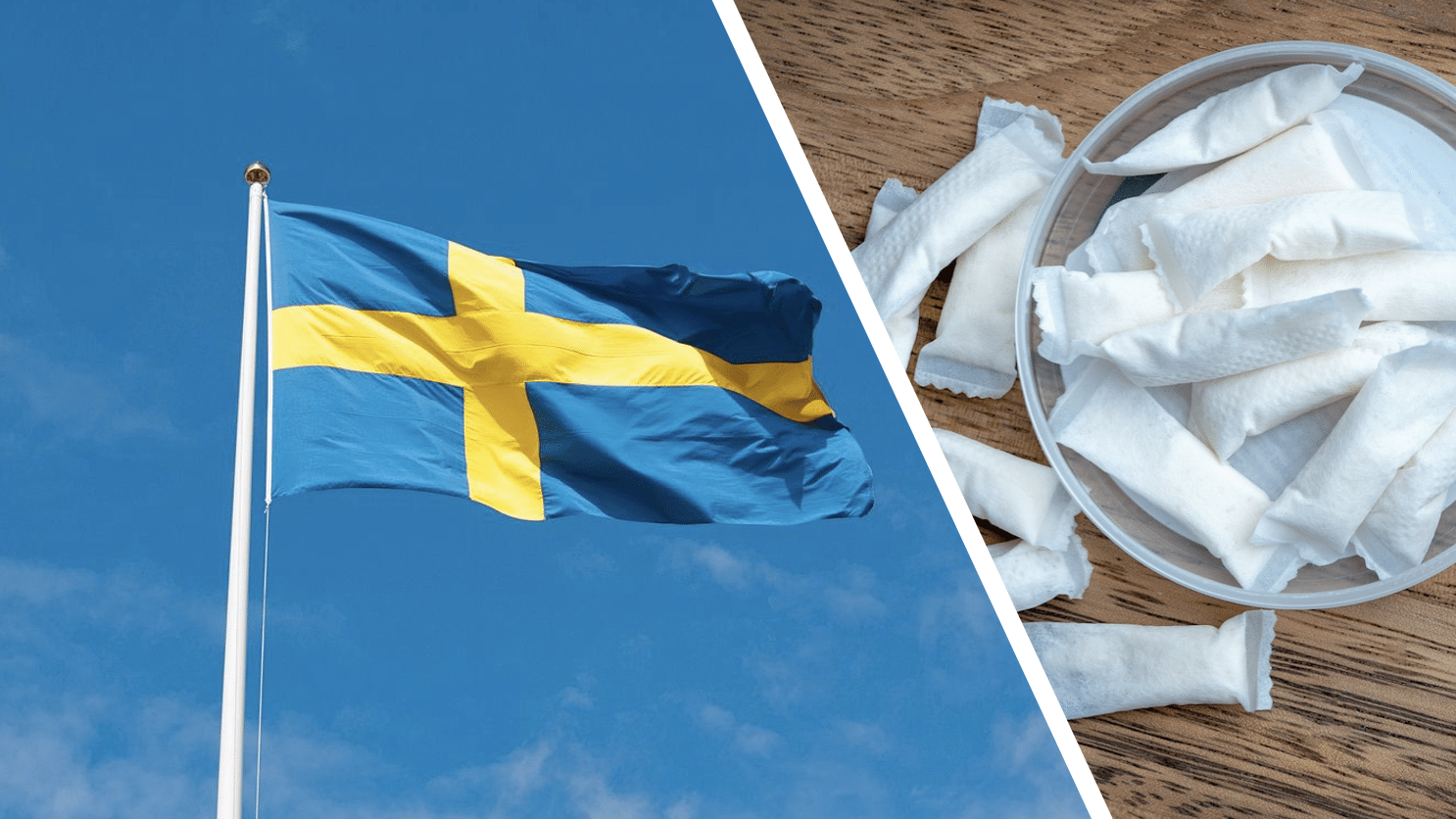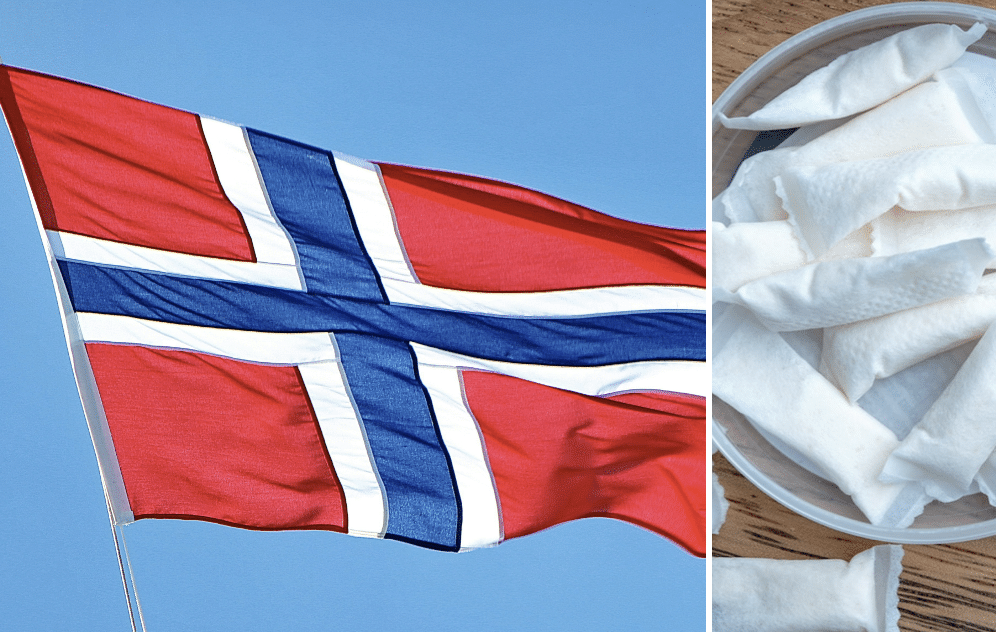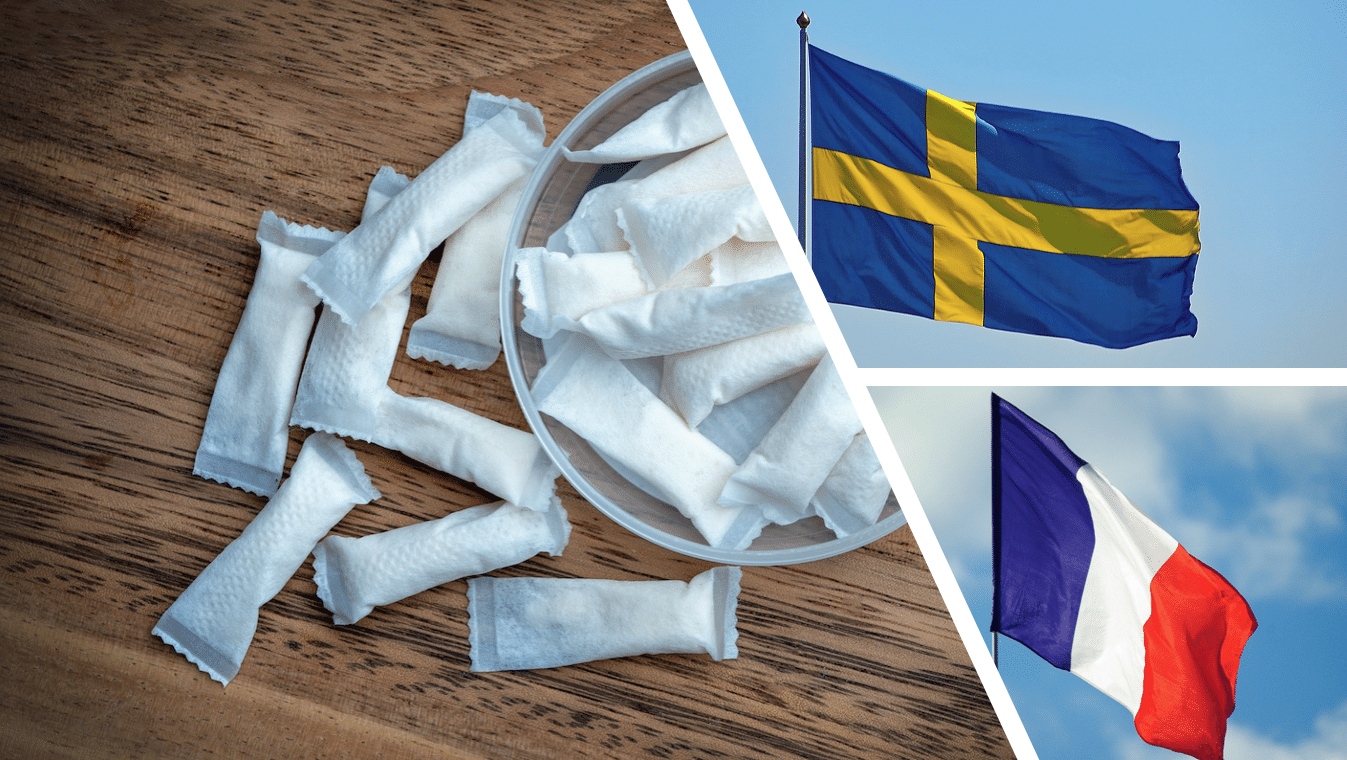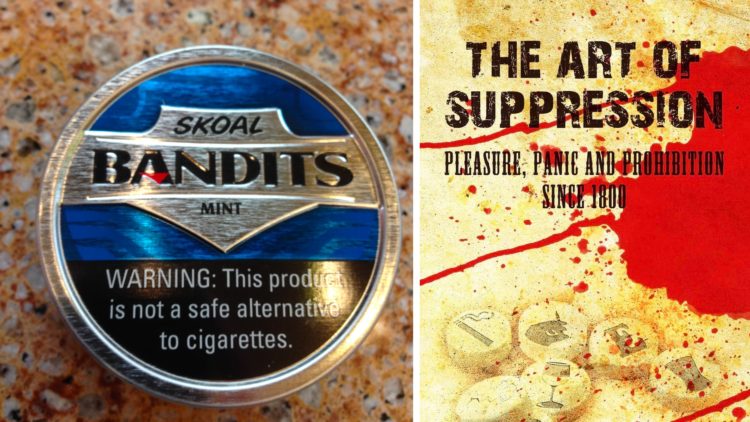
Snus and the Art of Suppression: Part 1 – Snus: If you can, ban
Why is snus banned in the European Union? How did it happen? Snusforumet, in partnership with author and commentator Christopher Snowdon, brings you the inside story behind one of the EU’s more confounding policies.
For the next several weeks, Snusforumet will be publishing excerpts from the story behind the EU snus ban as written in The Art of Suppression: Pleasure, Panic and Prohibition since 1800, a 2011 book written by Christopher Snowdon.
However, Snusforumet subscribers get instant access to the whole story. Click here to subscribe to Snusforumet and get the entire chapter on snus from The Art of Suppression emailed straight to your inbox.
Part 1 – Snus: If you can, ban
“Prohibition is only feasible if relatively few people use a product.”
— Ann McNeill, 1990
A £200,000 government grant to convert a disused clock factory into a smokeless tobacco warehouse unleashed a chain of events that led to one of the strangest and most self-defeating prohibitions in recent history.
In 1985, United States Tobacco Inc. chose the economically depressed Scottish town of East Kilbride as its European base for the manufacture and distribution of Skoal Bandits, a brand of smokeless tobacco that had been launched in the United States two years earlier. Looking to expand into Europe and the Middle East, the company selected East Kilbride because of “the valuable incentives provided by the Scottish Economic Planning Board, the available labor force and the plant’s proximity to the Company’s developing markets.” This, it said, “enables US Tobacco to provide the freshest possible product at an affordable price.”
Skoal Bandits were not, however, products that everyone wanted to see available at any price. The product consisted of moist, fine-cut tobacco contained in what looked like small, rectangular tea-bags. Low in nicotine, sweetly flavoured and with a masked cowboy emblazoned on each container, Skoal Bandits were accused of being aimed at teenagers.
Britain, unlike America, had little experience of using chewing and dipping tobacco and the nation’s public health campaigners wanted to keep it that way. US Tobacco’s arrival in Britain suddenly alerted the guardians of the nation’s health to the fact that since Skoal Bandits were designed to be neither smoked nor chewed, a legal loophole allowed them to be sold to children.
Under the leadership of the state-funded anti-smoking pressure group Action on Smoking and Health (ASH), and aided by the fleeting fury of the tabloid press, the medical profession campaigned first for a ban on sales to minors and then for the complete prohibition of oral snuff.
In December 1985, the Scottish MP John Home Robertson introduced a private member’s bill to ban the sale of all tobacco products to persons under the age of 16. “Would ‘all tobacco products’ include the infernal Skoal Bandits?” enquired fellow Scot Norman Godman MP. Indeed it would, replied Robertson, who described the infernal Bandits as…
To continue reading, subscribe to Snusforumet
By subscribing to our newsletter, you agree to allowing Snusforumet to use your email address to contact you with news and marketing. materials. Read more about how we process your personal information in our privacy policy.

